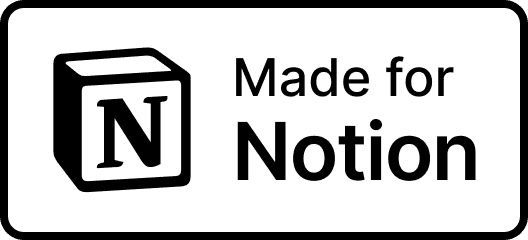The Evolution of Product Management: From Pen and Paper to Digital Powerhouses


The Evolution of Product Management: From Pen and Paper to Digital Powerhouses
Product management has come a long way, transforming alongside technological advancements and the complexities of modern development. Early product managers relied on basic tools like spreadsheets and whiteboards to track progress and collaborate. But the digital revolution and the rise of Agile methodologies introduced a new wave of product management software, fundamentally changing how teams plan, develop, and launch successful products.
The Rise of Agile and the Demand for Specialized Tools
The 2001 Agile Manifesto sparked a shift in software development, focusing on iterative progress, customer collaboration, and responsiveness to change. Agile methodologies like Scrum and Kanban became essential, emphasizing flexibility and customer-centric development.
To support Agile’s principles, specialized tools emerged, helping teams manage backlogs, track sprints, visualize workflows, and collaborate in real-time. These Agile-driven platforms became indispensable for keeping teams aligned and adaptable to change.
With the advent of cloud computing, product management software leaped forward, offering on-demand accessibility, scalability, and streamlined collaboration for distributed teams. This shift made it possible for global teams to work seamlessly, no matter where they were based, with cloud-based product management software becoming the core infrastructure for centralizing information, facilitating communication, and managing workflows.
Key Frameworks and Mental Models in Modern Product Management
Over the years, essential frameworks and mental models have shaped how product teams approach development and the tools that support it:
The Double Diamond: This framework combines divergent and convergent thinking, guiding teams from discovery to delivery, ensuring exploration and focus throughout the product lifecycle.
The Cone of Uncertainty: This model addresses decreasing uncertainty in product development and highlights the importance of adaptability, iteration, and embracing change.
Product Taxonomy: Introduced by product leader Marty Cagan, this framework stresses balancing value, usability, and feasibility. It encourages product managers to prioritize both customer needs and business goals.
Core Techniques for Product Management Success
Effective product management is built on techniques that have become more efficient with the help of digital tools:
Roadmapping: Mapping out a product’s key milestones and features along a timeline. Roadmap tools like Aha! and Productboard offer clarity and structure for long-term planning.
User Story Mapping: A collaborative approach to defining and prioritizing features based on customer value. Notion’s flexible databases and shared workspaces are ideal for user story mapping.
Prioritization Frameworks: Methods like MoSCoW and RICE help product teams prioritize tasks. Notion’s custom views and filters make implementing these frameworks straightforward.
Data-Driven Decision Making: Using analytics to inform decisions and gauge success. Many product management tools offer integrated analytics, helping teams make informed choices based on real insights.
Notion: Empowering Product Managers in the Digital Age
With its versatility and collaborative features, Notion has become a powerful platform for today’s product managers, serving as a central hub for all stages of product development. Notion’s customizable databases, templates, and integrations allow product teams to tailor workflows, enhance productivity, and maintain transparency, making it an essential tool for modern product management.
The landscape of product management continues to evolve, shaped by Agile principles, powerful frameworks, and versatile tools like Notion. By embracing these advancements, product managers can streamline collaboration, make data-driven decisions, and build products that deliver both customer satisfaction and business impact.
With our Product Builder OS, we’re empowering product managers at every step of the way. Designed to navigate the complex journey of product development, our OS provides structured support to ensure your team’s alignment, efficiency, and success. Explore our full template or discover our modular offerings to optimize your product management process.
Our product builder OS is designed to help PMs across all those stages navigating them in an organized and structured way. Get the full template or discover modular offers in the homepage.
